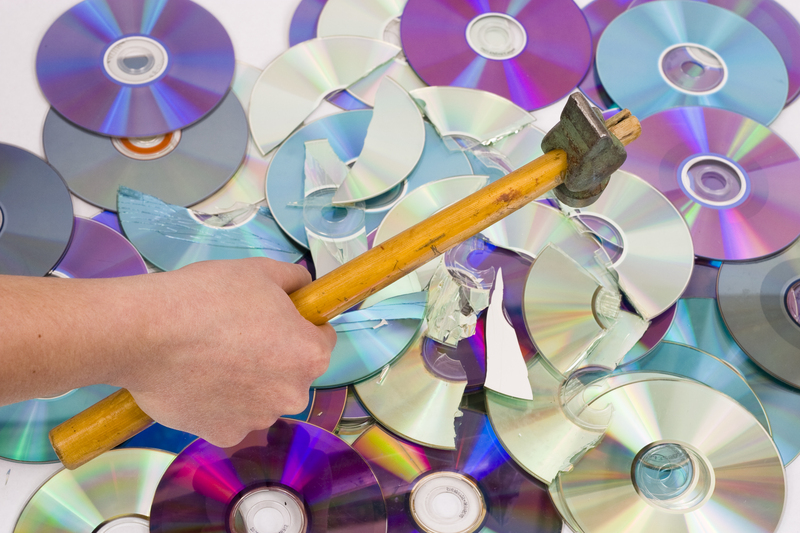Dispose with Care: Responsible Strategies for Removing Waste
Posted on 27/10/2025
In today's fast-paced and consumer-driven society, waste management has become a major concern. As we continue to produce more and more waste, it is crucial that we adopt responsible strategies for removing and disposing of it. Failure to do so can have adverse effects on our environment, health, and economy. In this article, we will explore the importance of proper waste disposal and offer tips on how to dispose of waste responsibly.
What is Waste Disposal?
Waste disposal refers to the collection, transportation, processing, and final disposal of solid, liquid, or gaseous waste materials. This includes household trash, recyclable materials, hazardous waste, and industrial byproducts. Responsible waste disposal involves managing these materials in an environmentally safe and sustainable manner.

The Consequences of Improper Waste Disposal
The consequences of improper waste disposal are far-reaching and can have detrimental effects on our planet. When waste is not disposed of correctly, it can end up in landfills or our oceans, polluting our air, water, and soil. This can harm wildlife and marine life, contaminate food sources, and even affect human health. Additionally, the buildup of waste can lead to environmental disasters such as landslides or water contamination.
In addition to its impact on the environment, improper waste disposal also has economic implications. The cost of cleaning up after improper waste disposal falls on taxpayers and local governments. This results in higher taxes and fees for citizens. Furthermore, poor waste management can damage tourism and reduce property values in affected areas.
Tips for Responsible Waste Disposal
1) Reduce your waste: The best way to manage waste is to produce less of it in the first place. Reduce your consumption of single-use items and opt for reusable alternatives whenever possible.
2) Recycle: Recycling helps reduce the amount of waste sent to landfills and conserves natural resources. Make sure to separate recyclables from regular trash and follow your local recycling guidelines.
3) Properly dispose of hazardous waste: Items such as batteries, electronics, and chemicals should not be thrown in the regular trash. They can be harmful to the environment and require special handling. Check with your local waste management facility for proper disposal methods.
4) Compost food waste: Instead of throwing away food scraps, consider composting them. This not only reduces the amount of waste sent to landfills but also creates nutrient-rich soil for gardening.
5) Participate in community cleanups: Joining in on organized cleanups in your community is a great way to make a positive impact on the environment. You can also take it a step further by organizing one yourself.

The Pros and Cons of Waste Disposal Methods
There are various methods of waste disposal, each with its own pros and cons.
1) Landfill: Landfills are large areas designated for burying waste materials. The main advantage of this method is that it is relatively cheap and easy to implement. However, landfills can release harmful gases into the atmosphere and take up valuable land space.
2) Incineration: Incineration involves burning waste at high temperatures, reducing its volume and converting it into energy. While it may seem like a more eco-friendly option, incinerators can emit toxic pollutants into the air.
3) Recycling: As mentioned earlier, recycling helps reduce waste and conserve resources. However, it can be costly and requires proper sorting and processing facilities.
4) Composting: Composting is an environmentally-friendly way to manage organic waste, but it is not suitable for all types of waste materials.
The Takeaway
Proper waste disposal is essential for preserving the health of our planet. By following responsible strategies such as reducing our waste, recycling, and properly disposing of hazardous materials, we can minimize the negative impact of waste on our environment.
In conclusion, responsible waste disposal should be a top priority for individuals and communities alike. It is our collective responsibility to take care of our planet and ensure a sustainable future for generations to come. Let us all do our part in disposing of waste with care and making a positive impact.

 020 3744 5712
020 3744 5712













